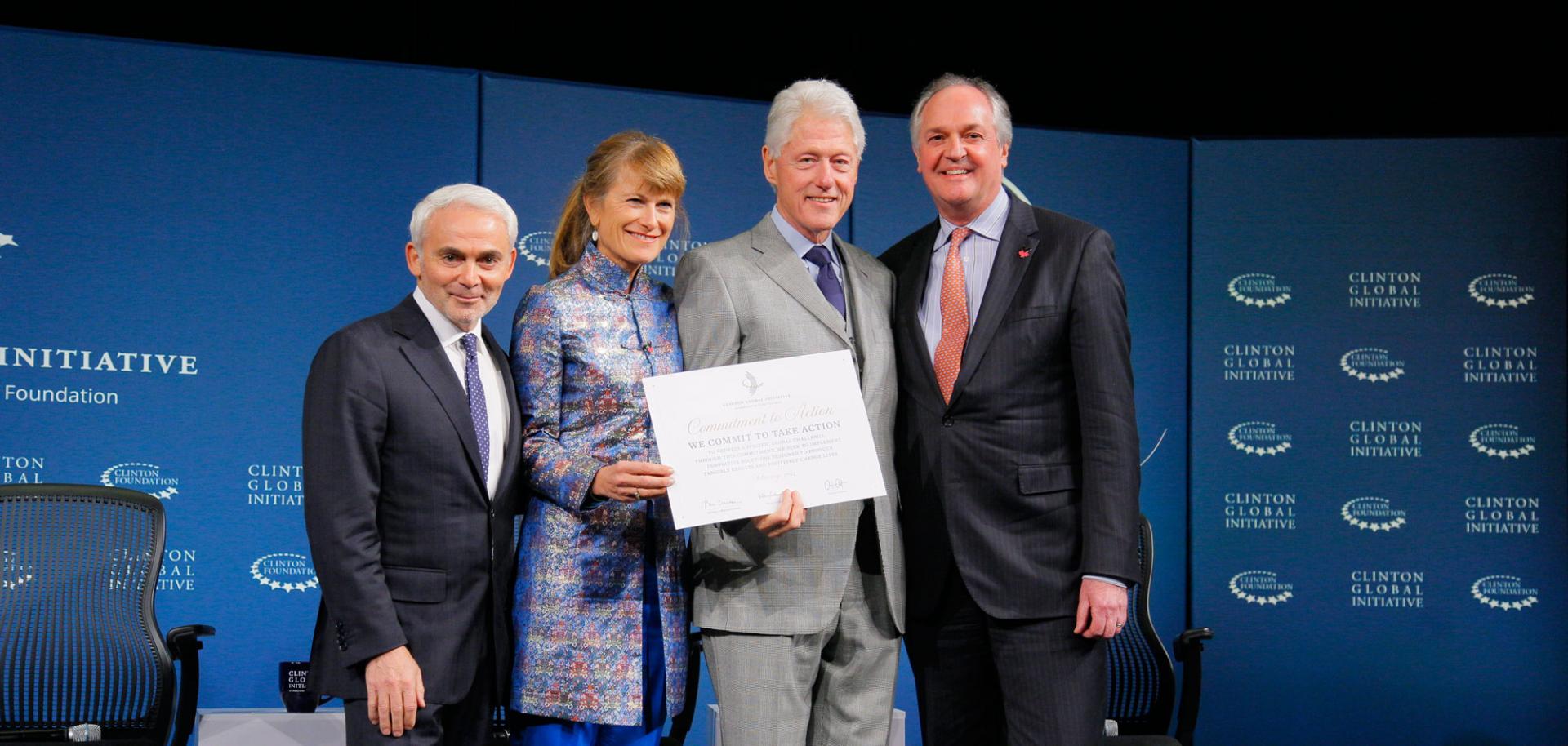Could Tech Nonprofits Change The World? Watsi Founder Chase Adam Thinks So
 Nonprofits could be significantly more effective if they utilized technology more. That’s the core belief that inspired 29-year-old Chase Adam to found his nonprofit, Watsi. Watsi allows people to donate money to crowdfund treatments for people in 20 developing countries. Adam finds it upsetting that there are much larger engineering teams figuring out how to add filters to photos than there are working on spreading education and healthcare. While Watsi is clearly a nonprofit, it operates a lot like a tech startup.
Nonprofits could be significantly more effective if they utilized technology more. That’s the core belief that inspired 29-year-old Chase Adam to found his nonprofit, Watsi. Watsi allows people to donate money to crowdfund treatments for people in 20 developing countries. Adam finds it upsetting that there are much larger engineering teams figuring out how to add filters to photos than there are working on spreading education and healthcare. While Watsi is clearly a nonprofit, it operates a lot like a tech startup.
In November of 2015, Watsi announced that it had raised $3.5 million in donations. This announcement was presented in a similar way to how a photo-filter app would reveal the close of its Series A round. Instead of listing investors, Watsi listed the foundations and philanthropists behind the company in its press release, with a special emphasis on Y Combinator founder Paul Graham and venture capitalist Vinod Khosla. The release focused on growth metrics and big-names hires in a way that many tech startups often do.
These similarities are fully intentional. Adam implemented them after seeing that tech companies are efficient at raising money. Instead of doing constant fundraising the way most nonprofits do, Watsi imitates the funding model that many tech startups use. This model allows the company to ask for a set amount of money to meet a specific goal. Overall, Adam’s work philosophy involves using Silicon Valley’s technology-heavy approach in order to improve or save lives. Adam makes sure that at least half of the team at Watsi is able to code.
On Watsi’s site, visitors can browse patient profiles and donate to fund individual people and procedures. The layout is clean and user-friendly, but engineers were recently working to fix a few issues on the back end of the site. Watsi wants to create a platform that allows its care providers to easily upload and manage patient information.
Watsi is also working to streamline the way its healthcare procedures are measured and the way results are communicated to donors. The organization will more easily determine an outcome after creating a uniform system and timeline for rating procedures. This will also allow Watsi to perform ongoing due diligence. Watsi is able to identify potential problems as they come up using a strict bank of healthcare data.
In order to make these changes and additions to Watsi, Adam will need top-notch engineers. Engineers in Silicon Valley are expensive, and Adam plans to be honest with his donors about this. He wants to implement “radical transparency”, another buzzword popular among tech companies in Silicon Valley. Included on Watsi’s website is a Google Doc that shows its monthly financial statement. This includes salaries, administrative costs, and travel expenses. Adam knows that when starts paying more for engineers, there may be some pushback, but he is confident that donors will recognize the importance of hiring the best engineers to create the best software to change the world.
Adam thinks the rest of the nonprofit sector should incorporate technology into their work the way Watsi does. He believes that the internet is the best tool humans have created, and that nonprofits are not catching on quickly enough. Adam is not entirely blaming traditional nonprofits. He understands that it can difficult for a company that has operated non-technically for two decades to effectively incorporate technology.
However, there is a new wave of nonprofits that use technology at their very cores. Watsi became the first nonprofit accepted to the tech accelerator Y Combinator in 2013. Since then, a number of nonprofits have graduated from Y Combinator.
Adam theorizes and hopes that the use of technology will be a new trend in the world of nonprofits. Adam feels that if more intelligent computer science graduates began working to fix poverty, education, and healthcare instead of working on photo-sharing apps, the world would be a better place.


